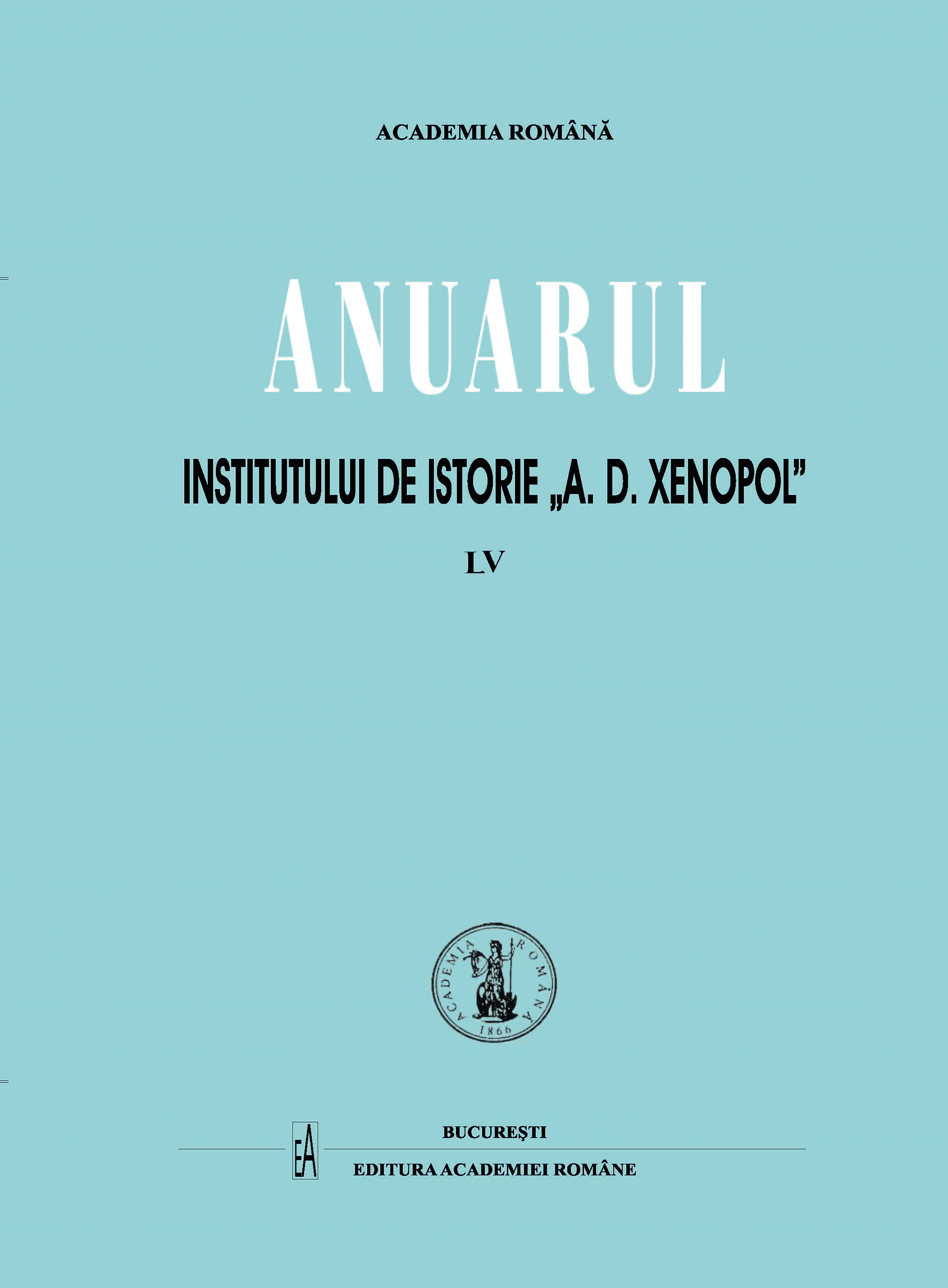Paștele Blajinilor. Semnificații generale și observații de teren în comuna Ţibănești, Iași, 2015
PAȘTELE BLAJINILOR (THE EASTER OF THE KIND-HEARTED): GENERAL SIGNIFICATIONS AND FIELD OBSERVATION IN SOME ROMANIAN VILLAGES FROM IAȘI COUNTY, 2015
Author(s): Astrid CamboseSubject(s): Anthropology, Social Sciences, Language and Literature Studies
Published by: Editura Academiei Române
Keywords: Easter of the Kind-hearted; Romanian (Moldavian) feast; philology of the term Blajini vs. Rohmani; thanatology vs. genealogical cult; ethnological observation in 2015
Summary/Abstract: This paper focuses on the ritual ceremonies concerning Paștele Blajinilor feast (the name could be translated as the Easter of the Kind-hearted) in both Romanian and non-Romanian Moldavia, from an ethnological and anthropological point of view. A detailed bibliographical enquiry has been considered necessary for a thorough understanding of the subject, in order to decipher the intricacies of the alternative notions Blajini and Rohmani, which have entered Romanian culture a few centuries ago by different ways, but have entwined ever since. Thus, Blajin is a Slavonic term, originally designating either a “kind-hearted” or a “happy” mythological people, thought to have lived long before us on the earth and destined to inherit the earth once we will perish, at the end of the world. Rohman is supposedly an Oriental term, possibly an Indian one (Brahman > Rohman), which designates a saint, happy and pure people, living at the outskirts of the inhabited world, on the White Island, far to the East, someplace near the Heaven, in a remote country which the ancient Greek king Alexander the Great once reached while looking for immortality. In Romanian traditional culture, a race of small but very powerful people, saint and almost immortal, is also thought to have dwelled on the earth long ago; nowadays, their mission is to consolidate the architecture of the earth, continually menaced by the devil who wants to put it down. They are Christian people, but as they live in total isolation (above the earth), we ordinary humans must let them know when we celebrate Easter and Nativity, in order to help them have their own celebra-tions. Therefore, we must cast the remains of the red Easter eggs on rivers and flowing waters, which will carry them to the source of all the earthly waters (Apa Sâmbetei – Saturday’s River, a mythological spring), and thus, a few days after our Easter, they will celebrate their own Easter. The Blajini/Rohmani are our far ancestors and we must send them ritual food, wine and light offers on Paștele Blajinilor (Easter of the Kind-hearted) feast. This legend is slowly disappearing from the collective memory, in Eastern Romania, as well as in Moldavian Republic (where the custom has been widespread at least during the 19th and the 20th centuries). In its stead, the peasants maintain the practice of offering Easter ritual food and drink to their ancestors, but nowadays itʼs all about the recent ascendants of each family. The dynamics of the popular beliefs and rituals regarding the Blajini reflect on the present practices observed in some villages from Iași county, where we have conducted an ethnological investigation in 2015 and 2016.
Journal: Anuarul Institutului de Istorie »A.D. Xenopol« - Iaşi
- Issue Year: LV/2018
- Issue No: 55
- Page Range: 393-429
- Page Count: 37
- Language: Romanian

